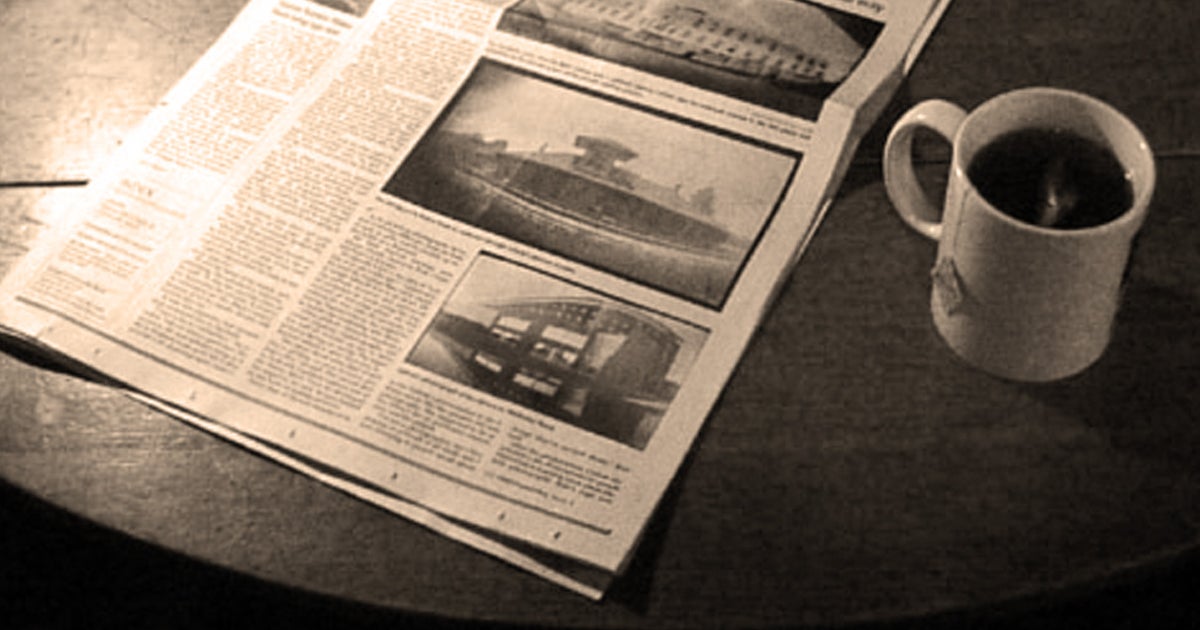
Sundays are for stretching your hip flexors, lest you get lower back pain. Let’s breathe as we read the week’s best writing about games and game-related things.
For The Guardian, Patricia Hernandez wrote about the man who owes Nintendo $14m. He maintains a remarkably positive outlook, considering the sheer amount of money he owes, among many other things that aren’t great.
While the months after his release have been bumpy and uncertain, he has still experienced worse. It’s better than the time he spent homeless in his early 20s, he says. “I have experienced many things over the years, bad situations and good.” He carried an optimistic outlook even while imprisoned; at one point he was paid to counsel other prisoners on suicide watch. “A lot of other people were going crazy, banging their cell doors, screaming, yelling, harming themselves,” he says. Bowser was paid a dollar an hour to help them, and his four-hour shifts allowed him to start chipping away at his pending bill. “When I was in jail, I was paying Nintendo $25 a month,” he recalls.
Over on Unwinnable, Elijah Beahm asks: Is it alt to like Call Of Duty now? How, despite innovation and creative risk, the Call Of Duty name might be holding the franchise back.
Most of these could easily be standalone IPs if brand recognition alone wasn’t used to sell them. If anything, the Call of Duty name is beginning to feel like an albatross around their necks, restraining their true potential under the weight of conflicting fan expectations. Call of Duty is just so damn big that it’s literally impossible to please everyone. Modern Warfare 3 is sitting at “Very Negative” on Steam, yet I can find a match in any mode fully populated. I’ve had heady conversations about Black Ops 3 and Cold War years after the fact. Infinite Warfare has reached the point in its cultural bell curve where it’s finally getting loving retrospectives from the sort of people you didn’t even think played, much less cared about Call of Duty.
Bijan Stephen’s article for You’ve Run Out Of Complimentary Articles contemplates Nintendo’s design philosophies. Stephens looks at some late, great developers at Nintendo and how their way of approaching business and development should be heeded more now, than ever.
And I think he’s right. One thing that’s been a little lost in the discussions of growth and cost-cutting is the idea that employees produce better work if they’re not fearing for their livelihoods. It’s intuitive! And yet it feels like so many industries have lost sight of the idea. I’m not sure if it’s trickle-down wisdom from management consultants, or just the idea that workers are interchangeable cogs in a product assembly line, but the idea that you might have a job you keep for a while is starting to feel archaic. Anachronistic. It’s hard to imagine a place you might be able to stay for a while.
I know we had an Apple Vision Pro article last week, but I find it fascinating. John Herrman wrote about its owners struggling to figure out what they just bought. It explores where it might sit in the pantheon of products that have released over the years, that feel like a random permutation of features in the hopes that they might stick.
Now, more realistic versions of these scenarios like this are unfolding in home offices around the world. “Have had the Vision Pro one day and discovered you can’t use it at all in a completely dark room (ie lying in bed next to your spouse who is sleeping),” writes one user. It’s “a little unsettling to someone who has a dog,” writes another. “I can’t really see him and I guess I didn’t expect to but it’s weird to not interact with him as much as I would if I was sitting at a computer.” One owner’s cat kept confusing hand gestures for offers of treats that never came.
Music this week is “we lie apart” by Adolescent Dreams. Here’s the YouTube link and Spotify link. A switch up from my recent dance/hip-hop phases to some folk this week.
Have a lovely weekend all!
Credit : Source Post





